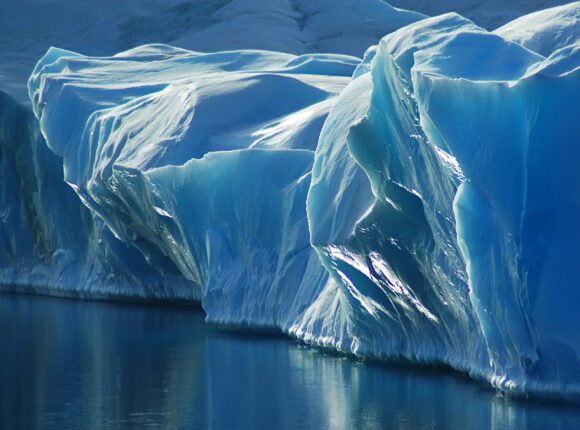-
ECSP Weekly Watch | March 3 – 7
›
A window into what we’re reading at the Wilson Center’s Environmental Change and Security Program
UK and Ireland Will Connect Energy Networks (The Guardian)
Despite post-Brexit trade barriers, the UK and Ireland have announced a collaboration on renewable energy infrastructure to boost both nations’ energy efficiency and security. The deal is part of larger efforts to “harness the full potential” of the Irish and Celtic seas for offshore windfarms and national energy networks.
-
ECSP Weekly Watch | February 24 – 28
›
A window into what we’re reading at the Wilson Center’s Environmental Change and Security Program
EU Parliament Suspends Rwandan Critical Mineral Pact Over Links to DRC Conflict (Mongabay)
Rwanda and the DRC both have large reserves of critical minerals essential to the clean energy transition. Yet the EU has voted to suspend a cooperation agreement on mineral extraction in the region after the Rwandan-backed rebel group M23 seized key areas in the DRC’s eastern provinces.
-
Climate Change, Peace and Security: Discourse Versus Action in Asia
›
This year’s World Economic Forum called for greater urgency in discussing the impacts of climate change on human security and social, political, and economic stability. And a recognition of the destabilizing effects of climate change also has led the UN to emphasize the risks they pose to the most vulnerable populations, including poor, conflict-affected, and displaced persons.
-
Q&A: Dr. Ashok Swain on Misinformation, Changing Borders, and the Role of the UN in his New Book, Climate Security
›
Dr. Ashok Swain is a professor of peace and conflict research at Uppsala University in Sweden and founding Editor-in-Chief of the journal, Environment and Security. An expert on environment, development, and security issues, Swain has long had an eye for recognizing emerging security challenges. In his new book, Climate Security, Swain explores climate change’s connection to some of the key issues driving today’s security discourse, including the role of misinformation in hindering climate action, climate’s role in the growing displacement crisis, and how climate-driven shifts in territory and resources are reshaping geopolitics. Swain gave us a sneak peak of the book’s key insights, including the potential for a new international governance framework to address climate-related security risks.
-
Facing Up to Climate Risk: Arctic Sea Ice, Tipping Points, and Possible Interventions
›
Global greenhouse gas emissions continue in stark contrast to the emissions reductions needed to limit warming to 1.5 degrees Celsius. Indeed, planetary warming has accelerated so much that many scientists warn that key components of the earth’s system are approaching “tipping points” that will trigger additional climate feedback loops that further fuel and exacerbate climate disruption if they are exceeded.
-
ECSP Weekly Watch | February 3 – 7
›
A window into what we’re reading at the Wilson Center’s Environmental Change and Security Program
Indonesia Considers Paris Agreement Exit Following US Withdrawal (Mongabay)
The US withdrawal from the Paris Agreement has led other countries to reconsider their commitments to the international environmental treaty. In Indonesia, for instance, top officials have questioned whether developing countries should be expected to comply with the agreement as major polluters (including the US) opt out.
-
ECSP Weekly Watch | January 27 – 31
›
A window into what we’re reading at the Wilson Center’s Environmental Change and Security Program
Declining Fish Stocks Threaten Lake Tanganyika Fishing Communities (Al Jazeera)
For the millions who live on the shores of Lake Tanganyika, fishing is a way of life that has sustained generations. However, recent declines in fish production in the world’s largest freshwater lake have devastated Tanzania’s fishermen and prompted questions of the sustainability of the decades-long practice.
-
Could Japan and the US Support Latin America’s Critical Minerals Sector?
›
Cobalt, lithium, and copper are the critical minerals necessary to produce rechargeable lithium-ion-based batteries, and they are central to the electric vehicle (EV) supply chains in the energy transition. The importance of these minerals—and China’s strategic control of them—now compels the United States and its allies to diversify their supply chains for this essential resource.
Showing posts from category environmental security.









